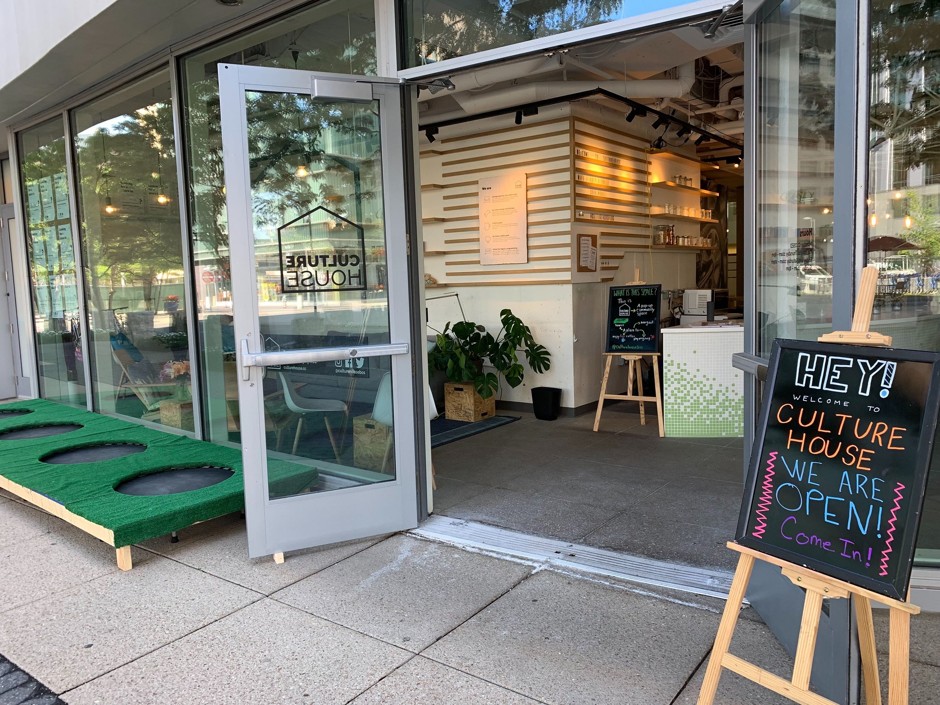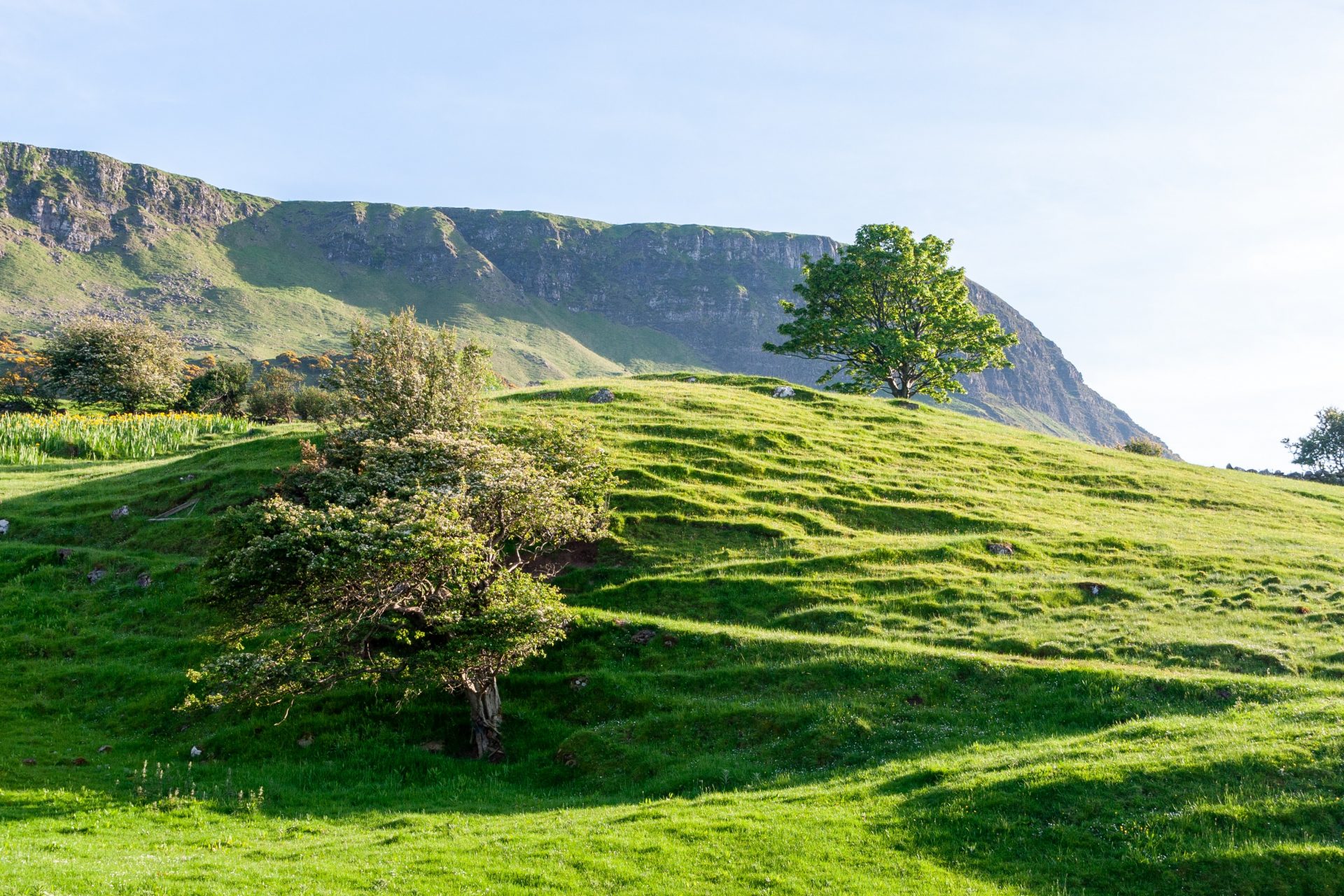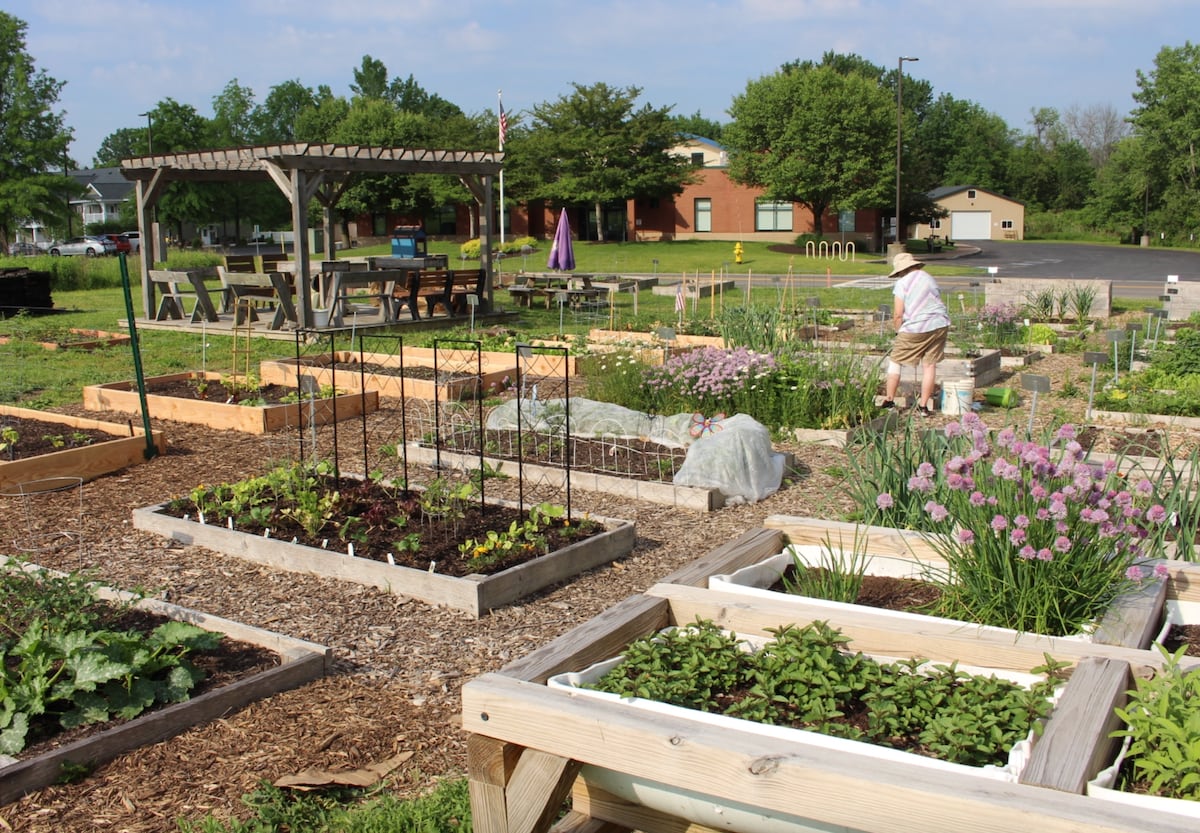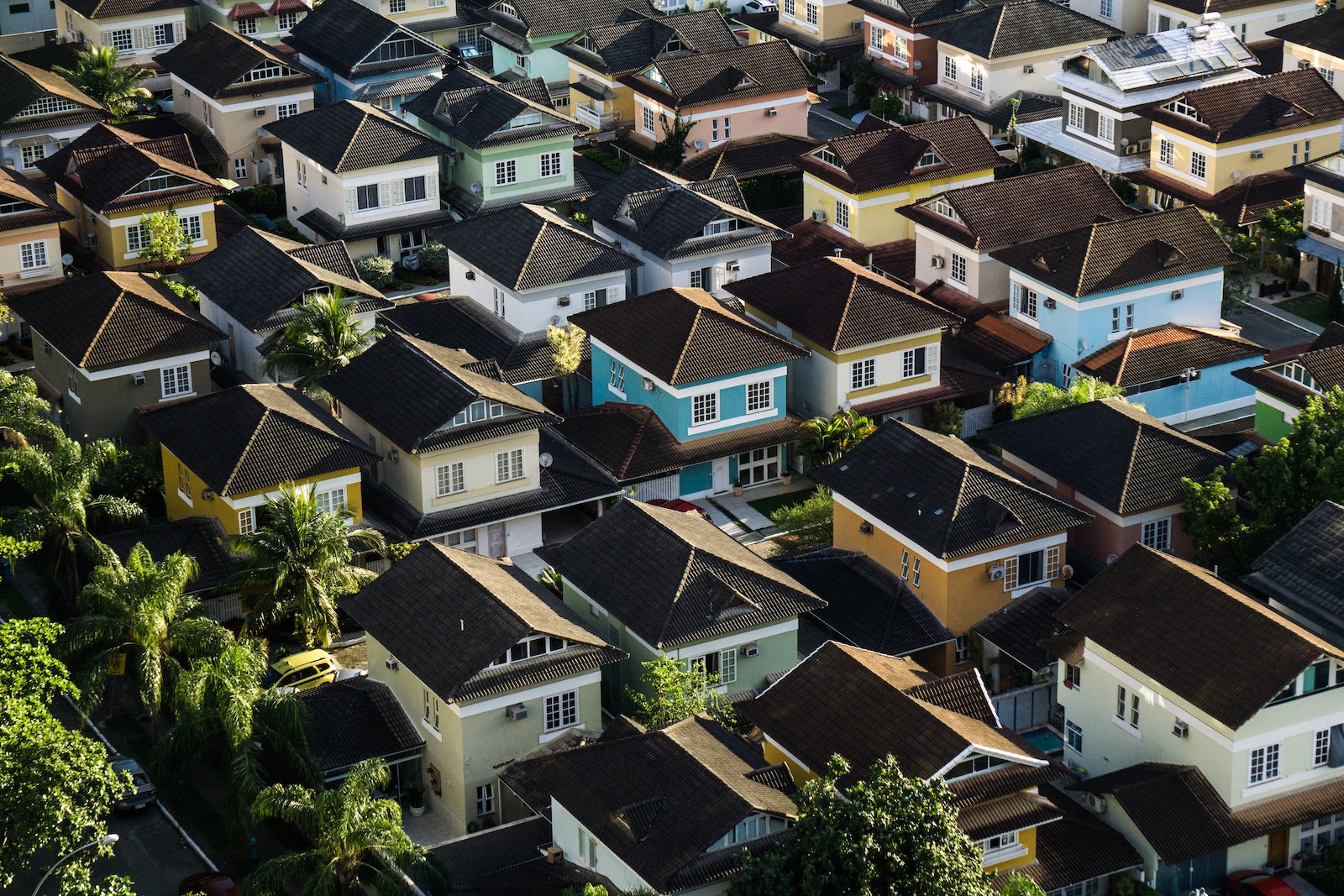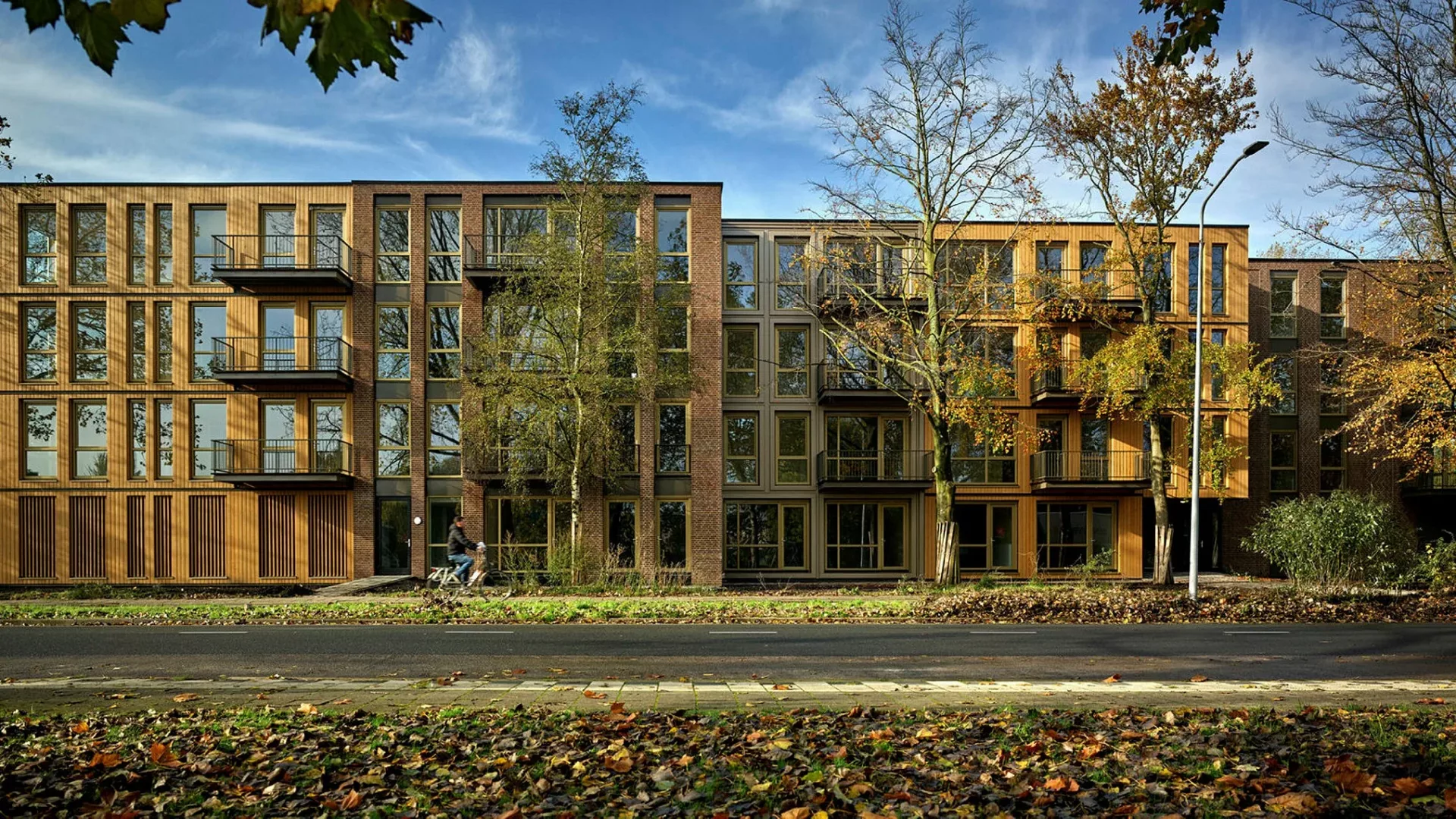Pop-up social infrastructure
Pop-up spaces are not a new thing (even the article we’re linking to is two+ years old), but few are well done, fewer still are not incubating retail spaces, but it’s even more unique to find a group that does multiple projects over a few years. That’s what the CultureHouse have been doing, turning pop-up spaces into social infrastructure.

